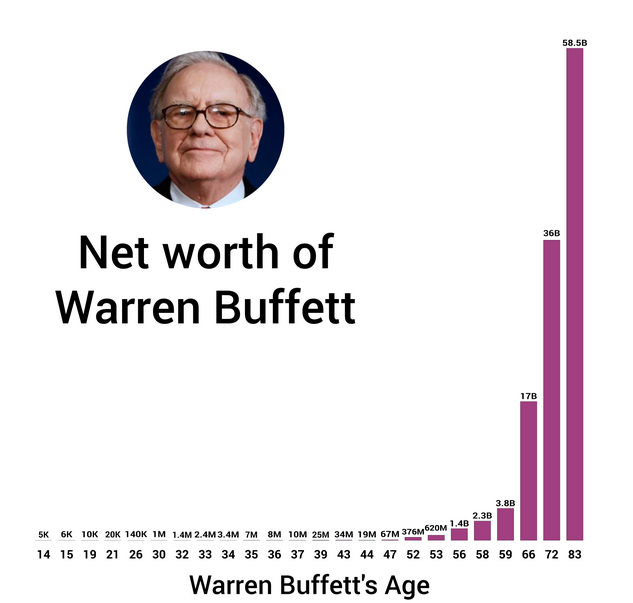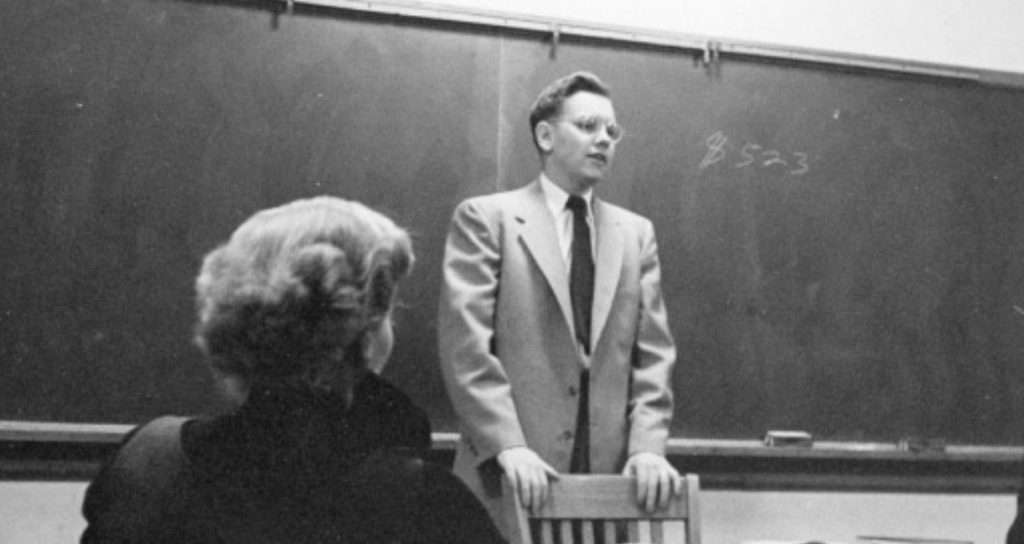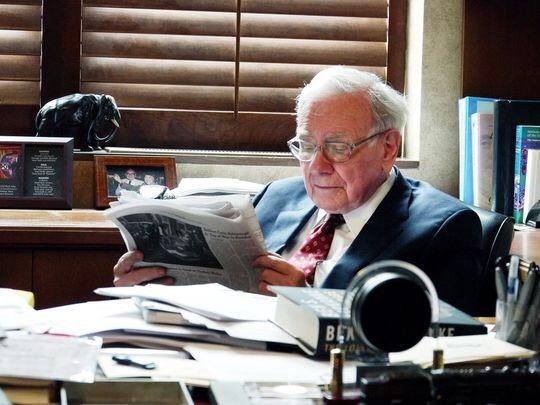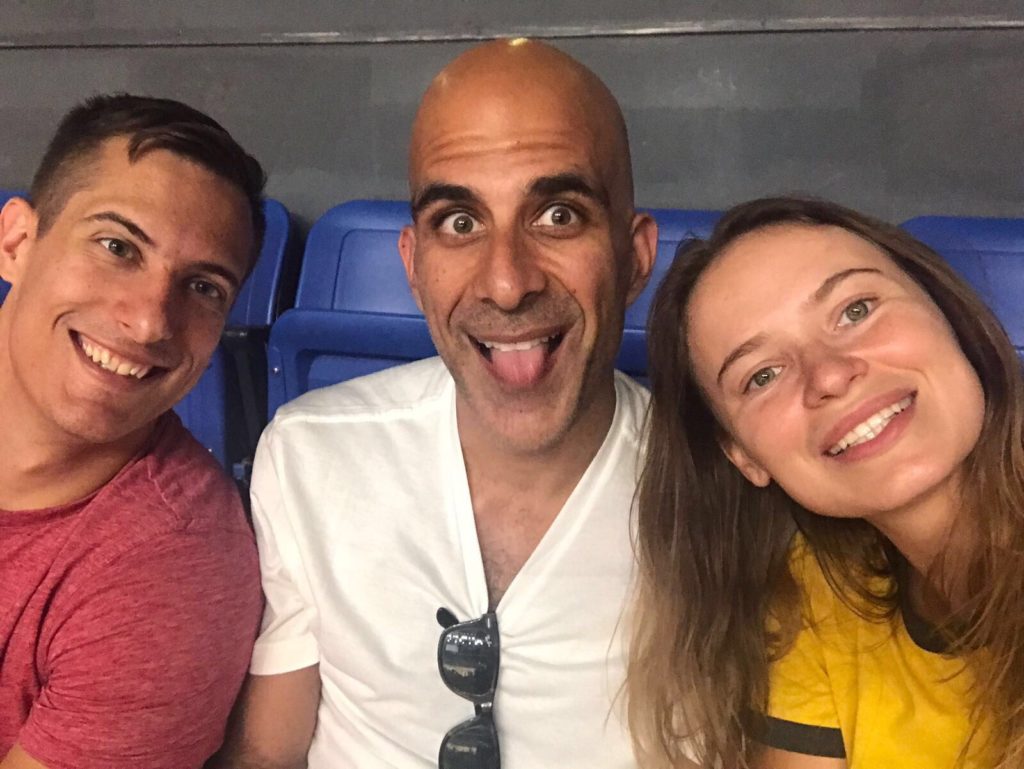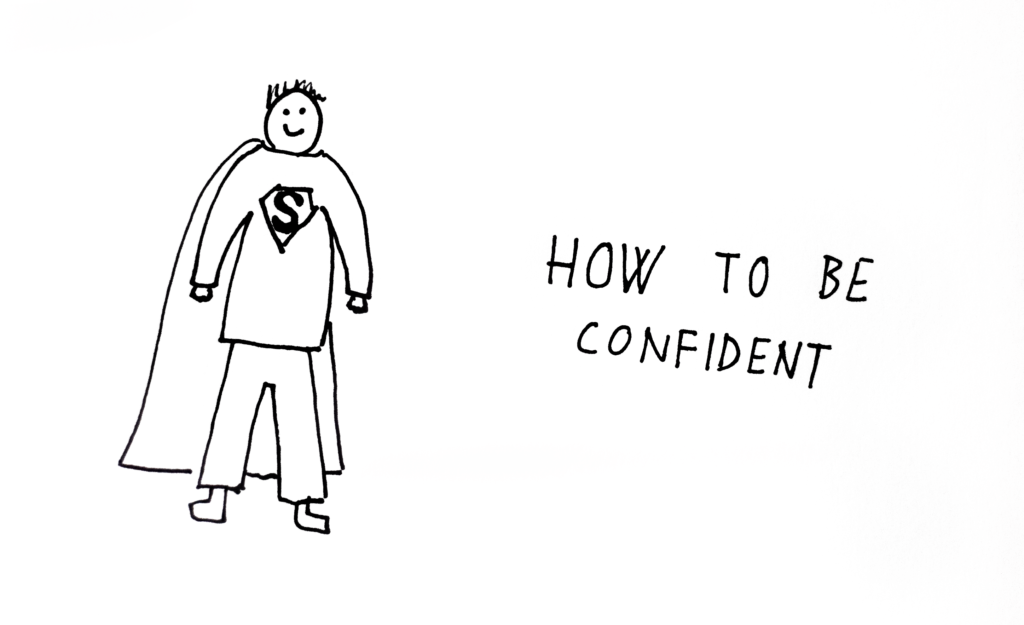
When I was in high school, I was always the quiet, why, and not very confident kid. I was often the kid that sat by himself in the back row because nobody wanted to sit next to me.
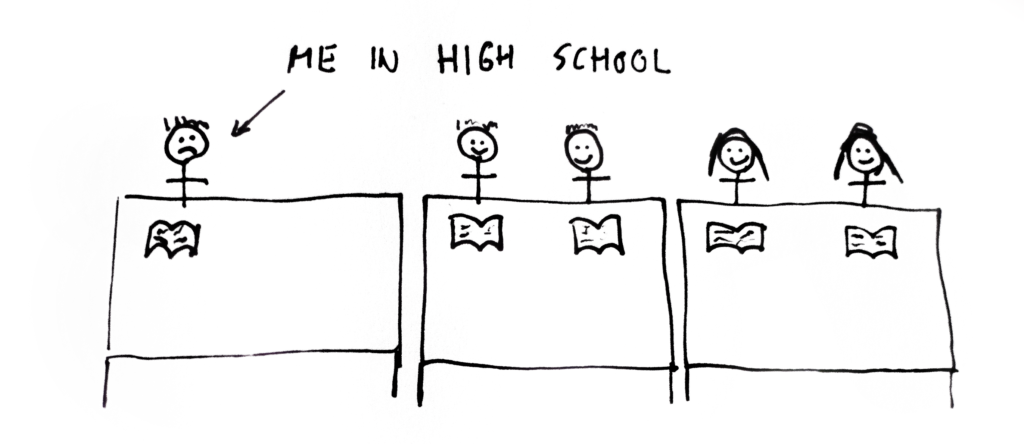
I would only admire my schoolmates who were more confident and likable, while I would wonder “how can I do that too?”.
Today I’m a completely different person than I was in high school. I’ve pursued all the things I really wanted to pursue in my life (from running my own 6-figure online business to having a hot girlfriend to winning 2 gold medals at my first powerlifting championship).
Now I’m no longer the person that hides in the shadows, and love being in the spotlight and confidently speaking in front of hundreds of people:
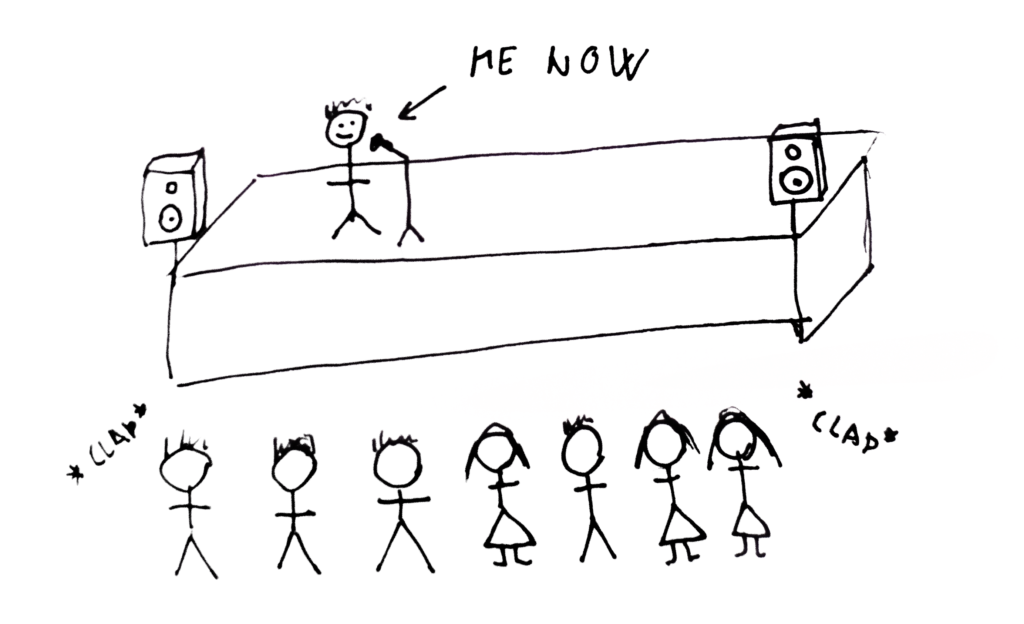
In order to get to where I am today, I NEEDED to develop the unshakable confidence that would allow me to take massive action towards my goals and dreams. Today I’m going to show you how I did it, and how you can become more confident in your business and personal life as well.
Let’s dive in!
Without confidence, it’s next to impossible to build an online business
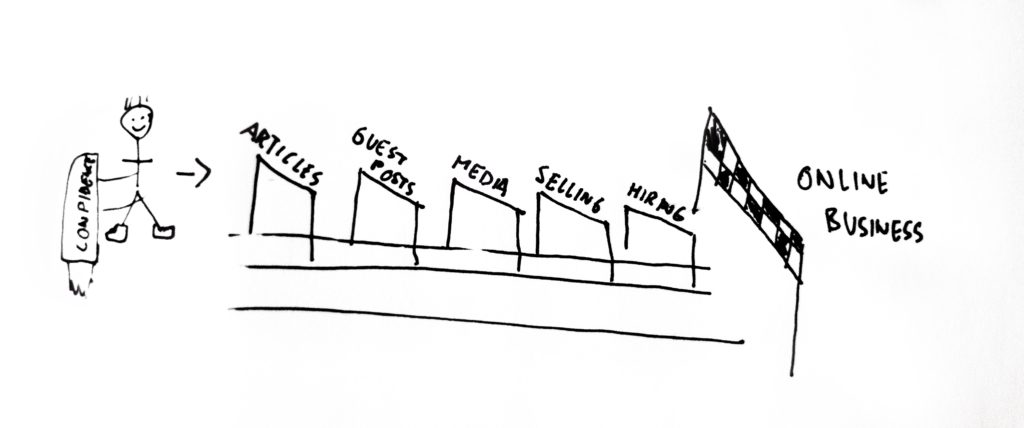
Let’s face it, building an online business is hard.
It requires a TON of putting yourself out there.
From writing articles and releasing them to the world, to creating online programs and charging thousands of dollars for them, to pursuing big media opportunities and even hiring a team – all of these decisions require confidence.
Without confidence, you’ll always get stuck in the thinking phase and progress slower than a snail with your business. Think about it – have you ever met a super successful person that WASN’T confident in their abilities? It’s unlikely, because they probably wouldn’t have taken the action that would allow them to become successful.
With confidence, you’ll be equipped with a jetpack that will allow you to fly over the hurdles and challenges in your way of building your own online business. You’ll be able to escape the endless overthinking loop, confidently take action and even wonder what’s taking others so long to build their own businesses.
But developing confidence isn’t easy, especially since most of the advice on confidence is not all that helpful.
Why conventional advice on confidence building is wrong
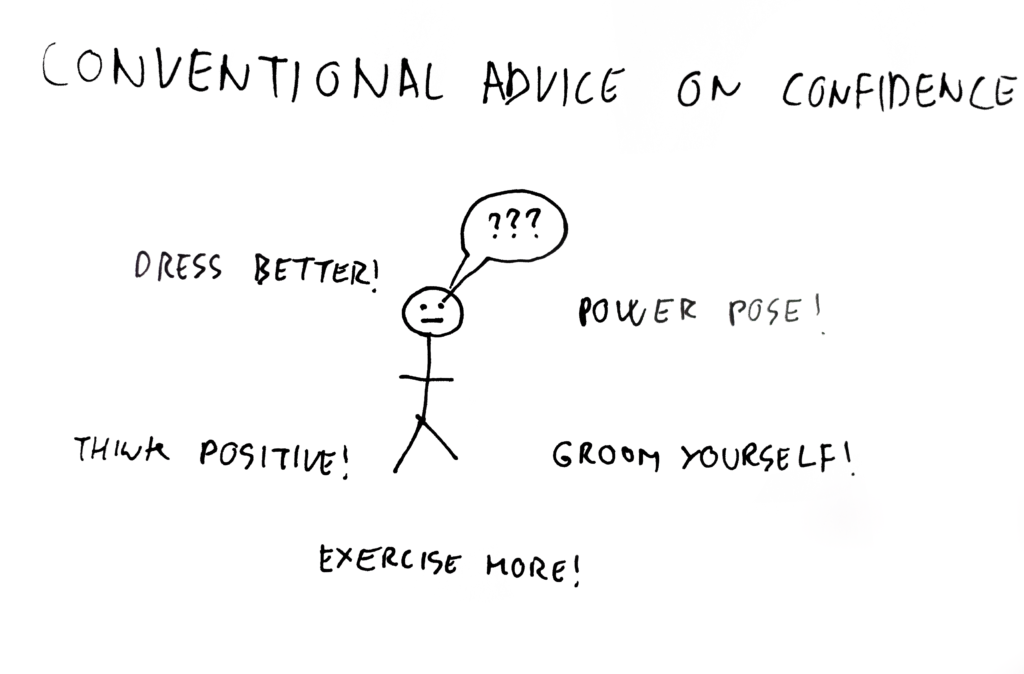
If you ever googled “how to become more confident”, you’ve likely ran into one of the article with “25 tips to become more confident”.
Usually they talk about something like this:
- Dress better!
- Do power poses!
- Groom yourself!
- Exercise!
- Think positively!
- …
- …
- …
- Buy a unicorn!
When I read those articles, they always make me roll my eyes because I know they make people FEEL good, but they don’t actually help you become more confident. Which makes sense to me, since these articles aren’t really written to help people, they’re written to attract more views to different blogs and media outlets. It’s sexier to say “do these 25 sexy and easy things” than “do this one hard and boring thing”.
If you’re reading this post about confidence and you’ve read some of these articles, this likely means that those articles didn’t help you a whole lot.
Why is that?
Well, because things like dressing better, grooming yourself or putting on cologne CAN help you feel more confident in the moment… But you’ll likely forget them in a few days and won’t turn them into a habit. Or, they’re things like “exercise more!” which people won’t start magically doing after reading an article about 25 tips on confidence.
They also don’t address the root issue behind why you’re not confident, which we’ll address today.
The real reason why you lack confidence
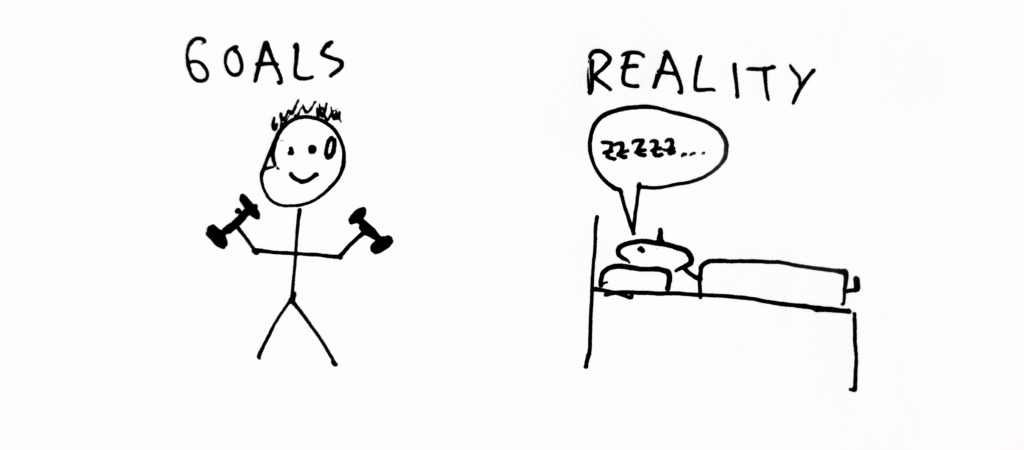
You don’t lack confidence because you don’t dress well, don’t clean your desk or don’t do power poses. I know plenty of people who are super confident and don’t do any of those things. I also know people who are super confident even though they don’t exercise frequently, volunteer regularly, or have a pet unicorn.
Now here’s the deal – the reason why most people won’t tell you why you’re not confident is that it’s not sexy, it might hurt your feelings, and it can’t be fixed in a few minutes by putting on a nice blazer and a pocket square.
Most people these days will give you “quick solutions”, because they say that “nobody wants to do the hard work”.
Well, I’m not like that. I know you’re reading this blog because you’re a top performer (or you want to become one), and you’re not afraid to put in the work. In fact, you WANT to put in the work, you just need someone to tell you what ACTUALLY works so you know what to do without wasting your time on things that don’t.
Ok, so the real reason for why you’re not confident is…
*drum roll*
You’re not doing the things you said you were going to do.
Yep.
The real reason why you’re not confident about building a business is because you said you were going to write that blog post last week and you didn’t.
The real reason why you’re not confident in putting on 20lbs of muscle and getting a six pack (or a flat stomach and a toned butt for the ladies) is because you said you’d go to the gym regularly and stop snacking, but you didn’t do any of those things.
The real reason why you’re not confident about your speaking skills is because you’ve said to yourself that you’ll go to a public speaking class that you never went to.
I know this might sound harsh, but it’s the truth. And I know you’d rather hear the truth than some feel good motivational tactics.
When I lacked confidence in high school, it was because I never acted on the things I really wanted to pursue. I wished I was more social and that I could make more friends, but I never picked up a book about social skills or even googled how to become more social (until I was a few years in college).
I dreamed of being a world-class athlete but I never actually pursued the sports I wanted to pursue, put in the work or took the initiative to get the right coaches to help me learn a new sport well. Instead I spent hours and hours playing video games at home – no wonder I didn’t have many friends.
Everything changed once I learned how to run my own business, which is when I first experienced what I call Exponential Confidence.
How to develop true confidence with the Exponential Confidence Technique
If we said that you lack confidence because you’re not doing the things you said you were going to do, then how can you become more confident?
It’s simple – you actually do more of the things you said you were going to do, and you’ll become exponentially more confident over time.
Here’s what I mean:
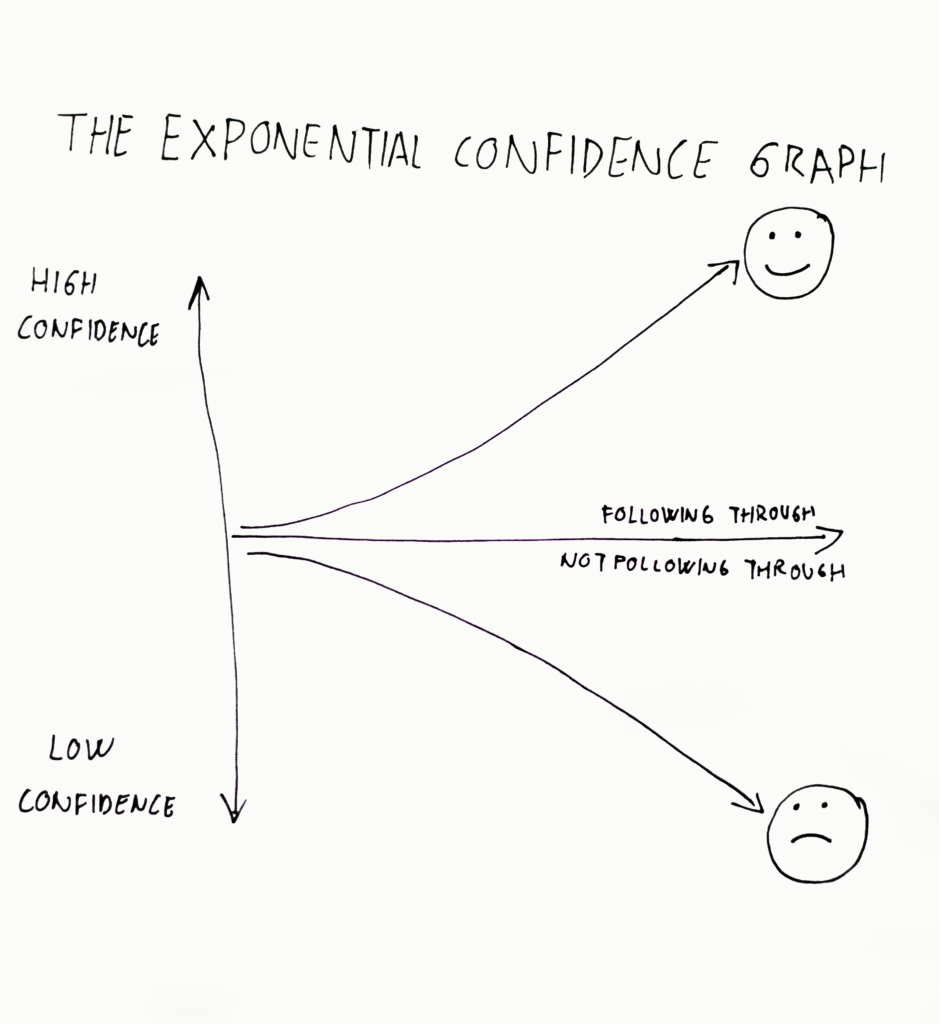
If you look at The Exponential Confidence Graph above, you’ll see that the more you follow through with your goals, the more confident you’ll become.
For example, if you say you’ll write and publish a blog post this week, you’ll become slightly more confident in your ability to create regular blog posts. If you do this for 4 weeks in a row, you’ll really feel like you can do this. And if you create weekly blog posts for a YEAR, it will be really hard for you to NOT be confident in your ability to create regular blog posts.
The same applies to anything in life – from going to the gym, to improving your social skills, to getting better at sports, public speaking, dating… You name it.
The more you consistently do what you said you were going to do, the more confident you’ll become over time. That’s why successful entrepreneurs are confident in their abilities – because they’ve put in so much work it would be hard for them NOT to be confident. That’s why top athletes are confident in their abilities – because they’ve spent their whole lives training to become the best in the world in their sports.
I call this phenomenon Exponential Confidence.
Exponential Confidence means intentionally following through with your goals for a longer period of time in order to become exponentially more confident.
The key here is to acknowledge that while you WILL get a confidence boost after the first few weeks of following through with your goals, the unshakable confidence that you’re seeking will develop over time as a result of this process, rather than magically happen overnight. And that’s exactly why most of the “confidence hacks” don’t work, as the initial boost you get from them quickly drops off
Now here’s the interesting thing about the Exponential Confidence concept.
If you consistently fail to follow through with your goals, then your confidence will get gradually lower and lower over time.
This is what I see in most people who get “stuck” with running their online businesses. They set big goals for themselves, they don’t follow through with them, then get discouraged. They get ideas in their head, stop themselves from pursuing them, and get even more discouraged. Within a few months, they go from feeling excited about their business to feeling like they can’t really do this, and often “move on to something else” or say that “life came in-between”.
The same thing happens with going to the gym. If you’ve ever said yourself that you’ll go to the gym regularly but then didn’t go as many times as you wanted to, you became less and less confident about your ability to go to the gym regularly, and you eventually stopped going, just like every year beforehand.
Eventually, we lose all of our confidence and move on to new pursuits in our life.
The good news is that it doesn’t have to be this way. Even if your confidence levels are pretty low right now, you CAN build them back up relatively quickly with every consistent action you take towards your goals and ideas. In other words, every time you successfully do what you said you were going to do (to yourself or to others), your confidence will grow.
I see this happen all the time to myself, my clients and my friends.
The Exponential Confidence Case Study: How Diana Started Kicking Ass
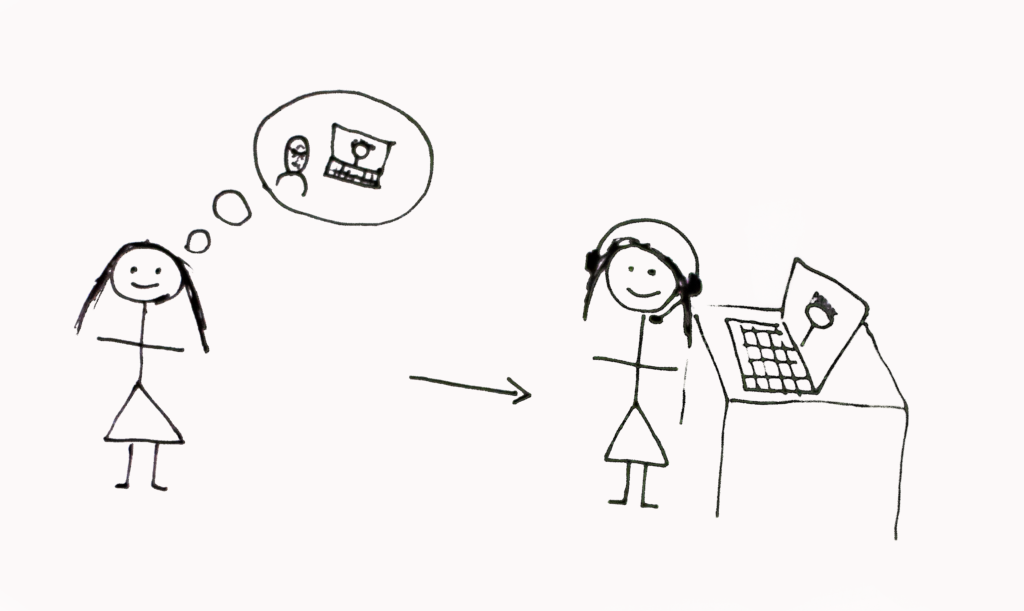
One such example is my close friend Diana Tower, who has been absolutely kicking ass lately in her business. She’s close to finishing her second Ultimate Guide this year, she’s written some amazing posts recently (like this one about her experience at the Forefront event), and she’s recording a new, exciting podcast behind the scenes that’s unlike anything that the industry has ever seen.
As she started putting herself out there more and more, people actually started reaching out to her to hire her as a consultant or a coach, which is something that didn’t happen to her before. Now Diana is the most confident in her business that I’ve ever seen her, and she’s also the happiest she’s ever been.
Why is that?
Because she started acting on her ideas.
I know she had this idea of a podcast for a while, but she kept putting it off. As I was supposed to be one of the first guests on her podcast, I annoyed her (like a good friend does) to send me that scheduling link so we could record the episode.
As soon as she sent me the link, she put the wheels into motion. She came up with some awesome podcast questions, scheduled interviews with over 20 people in her network, and has already recorded quite a few of them. As she started working on these podcasts, she also started writing new content that she was excited about, and more and more people started to hear about her over time. And as more and more people heard about her, people started reaching out to work with her.
All because she actually acted on her ideas and followed through with them.
Becoming more confident really is that simple. You don’t need hacks or techniques or to spend hours and hours talking to a coach about confidence. You really need to just do what you said you wanted to do and follow through with it, and the confidence will come.
Now let’s talk about how YOU can apply the Exceptional Confidence Technique to your life and business as well, so you too can become more confident in your skills, abilities and yourself.
From Theory to Action: How to Apply the Exponential Confidence Technique to Your Business (and Life)
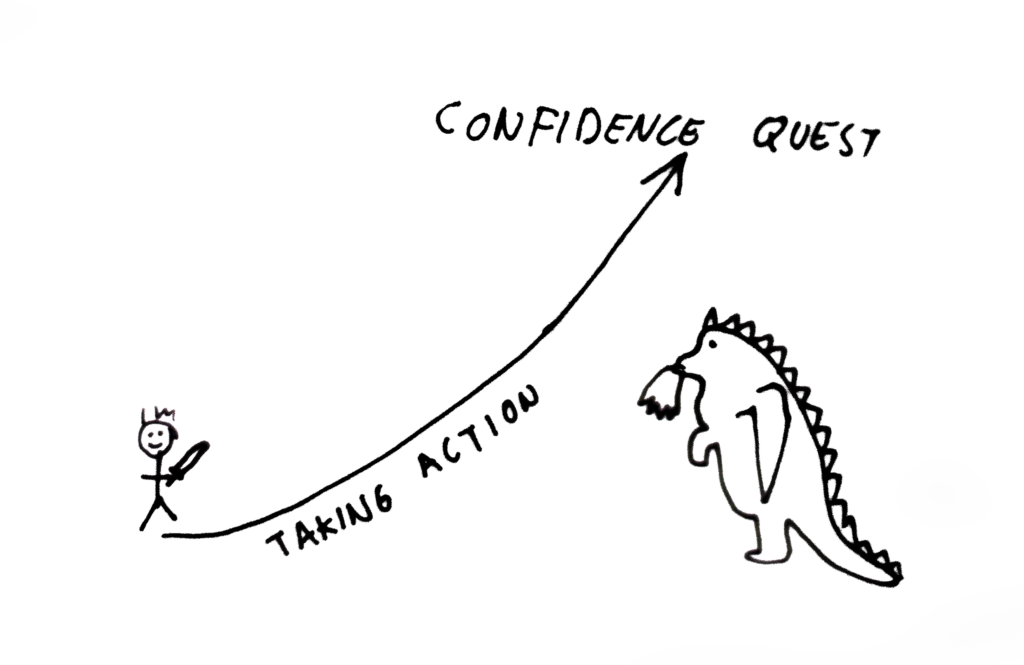
You already know how the Exceptional Confidence Technique works, and at this point there’s only one thing left to do: to put it into action.
On a meta level, this is a great opportunity for you to become more confident in yourself as well – you spent 5 or 10 minutes reading this article with the intention to become more confident. Now you have a choice, either you can read it and forget about it (which will make you less confident that you can actually take action on the advice you learn), OR you can take action on it, and take that first step to becoming more confident.
So to put this technique into action, all you need to do is three things:
1. Set yourself a small goal for next week related to your business or personal life that will help you build up your confidence (writing a blog post, going to the gym 3 times this week, or sending out one guest post pitch)
2. Follow through with it
3. EVEN if everything in your life goes wrong (your car breaks down, your girlfriend dumps you or you get stick), STILL follow through with it
The task doesn’t need to be executed perfectly. It’s more important for your confidence to get it done, than to not get it done because you’re trying to make it perfect.
You’ll be amazed at what this does to your confidence, ESPECIALLY if following through with the goal won’t be easy. Because if that’s the case, and you follow through with it anyway, you’ll also develop mental toughness along the way which helps you confidently conquer bigger and bigger challenges in your business and life.
After the first week, the rules are simple.
First and foremost, make sure you always follow through with what you said you were going to do, even if that means just committing to doing LESS. It’s better to commit to doing less, build up your confidence and momentum than to commit to doing too much and lower your confidence while killing your momentum.
Second, you can use your newly found confidence to gradually pursue bigger and better goals and ideas, which will in turn give you even more confidence once you accomplish them. Soon you’ll be taking advantage of the Exponential Confidence principles and you’ll wonder how come you even struggled with confidence in the first place.
And what if you don’t manage to follow through with your goal that you set for yourself? Ask yourself WHY you didn’t follow through with your goal, and if time or energy was the issue, set yourself a smaller goal for next week.
If something else was the issue, address the issue – but make sure things like “my car broke down” don’t take your focus away from your goals. When things aren’t perfect, these are perfect opportunities to train your mental toughness by following through with your goals anyway.
That’s it! You know what to do – write down that one thing you want to work on next week, then make it happen no matter what.
So tell me – what’s the one goal you can take action on next week to build up your confidence?
P.S. You might have noticed some incredible 10/10 art doodles in this post – I drew these myself. I know they’re super random, but I’d love to know what you think of them. Do you love them? Hate them? Should I make more of them?
Leave a comment below to let me know!
-Primoz
